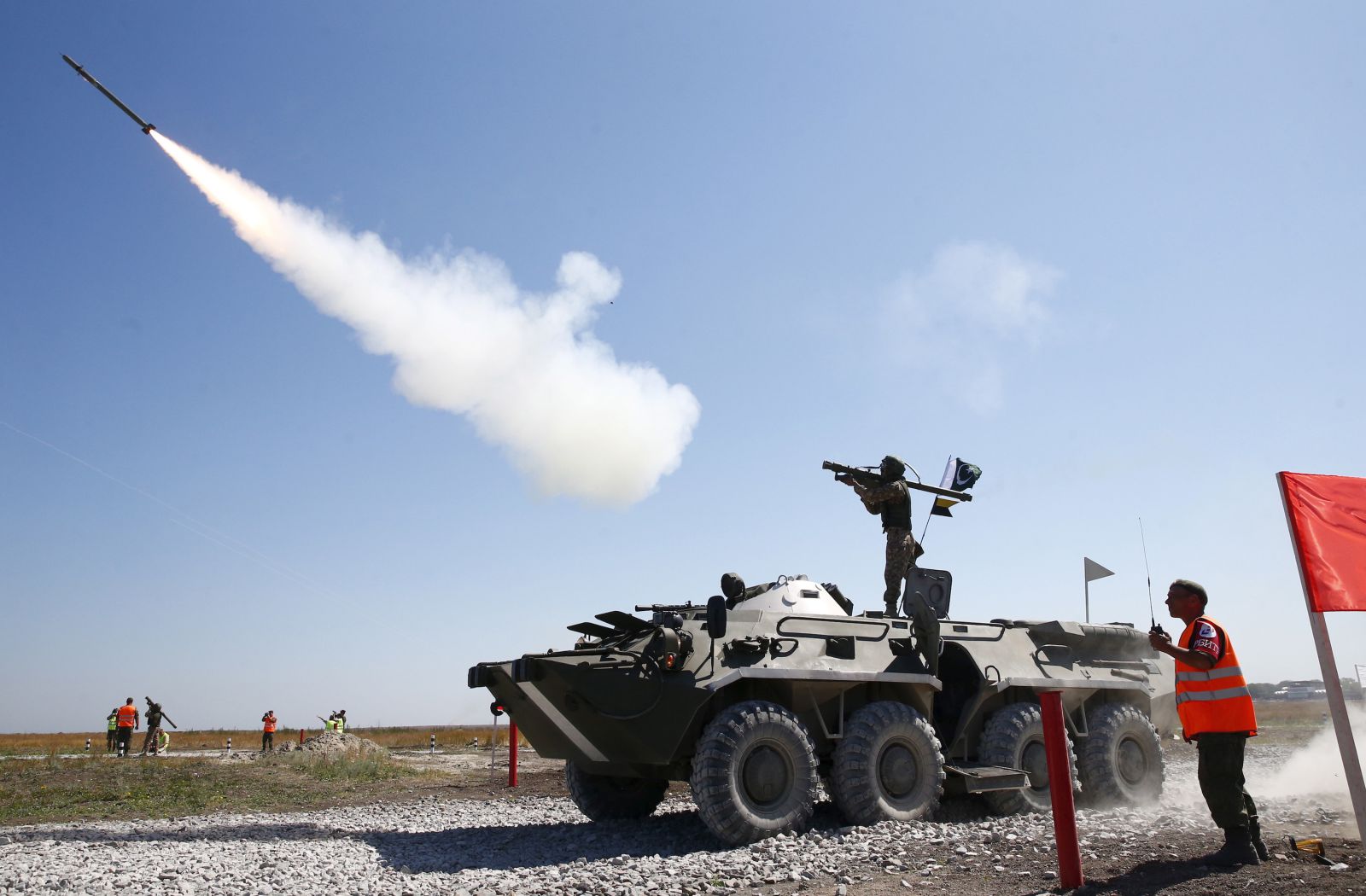The south Asian security is in jeopardy because of Indian military’s aggressive policies, force posture, and military modernization plans. Recently delegates from the US, UK, and France visited India and discussed new defense deals for the modernization of Indian military. All these factors played an important in Pakistan’s decision making to develop nuclear weapons to offset huge Indian conventional superiority.
After independence in 1947 Pakistan and India fought their first war in 1948 over Kashmir issue. Kashmir a princely state with a majority Muslim population should have been part of Pakistan was annexed by India. Pakistani forces along with tribesmen fought against Indian forces and freed Azad Jammu and Kashmir from Indian occupation. Kashmir issue is still unresolved and most of the conflicts between India and Pakistan emanate from this issue whether it water sharing issue or alleged terrorism in India.
Kashmir holds strategic importance for Pakistan. In 1965, Pakistan launched a covert operation code-named “Operation Gibraltar” to create instability and turmoil in Indian-held Kashmir and fade Indian control. The plan was to dislodge communication lines, hit major military installations, and provide weapon & equipment to the people of Kashmir to revolt against the tyranny of Indian forces. The operation Gibraltar could not bring fruits as expected, resultantly Indian forces attacked Pakistan.
Pakistan defended against huge Indian armour incursion. The intervention of United Nations faced Pakistan from annihilation against superior enemy. After 1965 Bhutto started raising his dissent voice in favor of nuclear deterrent. The Ayub government was not in frame of mind to go for nuclear option. But Bhutto was cognizant of the situation. Later on he had mentioned in his book the myth of independence that next war would be a total war with India and it would be dangerous if we think less than a nuclear deterrent. He was a visionary leader, he foreseen a looming threat for Pakistan. In 1968 Indian Research and Analysis Wing- (RAW) was established with an aim to get foreign intelligence and conduct convert operations in neighboring countries especially Pakistan and China. The RAW within three years exploited Pakistan’s political weaknesses in East Pakistan and carried out a huge covert operation. The Raw actively started psychological warfare in East Pakistan. Raw trained more than 150,000 Mukti Bahini militants in guerilla warfare who killed thousands of innocent Bengalis in East Pakistan. Pakistan became weak internally in East Pakistan because of its geographical compulsions. Consequently Indian military exploited that strategic weakness and attacked East Pakistan. Ultimately Pakistan faced annihilating defeat in 1971 war. Pakistan was dismembered. The then Indian Prime Minister Mrs. Indra Gandhi said “We have sunk the two nation theory in the Bay of Bengal.”
This was the triggering point where Pakistan had taken a decision to go for nuclear weapons. The dismemberment of Pakistan and annihilating surrender played an important role to awake a sleeping nation. Soon after getting power Bhutto asked Pakistani scientists to start work on the acquisition of nuclear weapon. Pakistan’s rationale to go for nuclear weapon was strengthened after India’s first nuclear explosion in 1974. Pakistan had no other option but to get nuclear deterrent of its own. After the military coup in 1977 Gen Zia took over the command. The change of command never delayed work on nuclear weapons program. In fact during Zia era nuclear program got boost because of the US involvement in Afghanistan.
The US and its allies wanted Pakistan’s support to counter Soviet Union’s expansion. The geo-strategic position of Pakistan played an important role during soviet Afghan conflict. The Soviet occupation of Afghanistan was blessing in disguise for Pakistan. The US and its allies never raised any criticism over Pakistan’s nuclear weapon program. Within few years Pakistan was able to conduct cold test and by 1990 Pakistan had a crude weapon to be launched from an aircraft. First time nuclear deterrence came in play was in 1986-87 Brasstacks exercises. Indian military conducted huge exercises close to the border with Pakistan. There was threat of an imminent attack from India. But Pakistan conveyed a veiled message to Indian policy makers that it possesses nuclear weapons and any attempt to attack Pakistan would unleash that force on India. Indian military was deterred and they could not launch any attack against Pakistan. Second time nuclear deterrence came into play in 1990. In 1990, Indian held Kashmir saw worst kind of violence. Indian strategic thinkers believed that Pakistan was supporting the insurgency. Despite this India could not launch any strike against Pakistan because of the threat of nuclear weapons. In 1965 Indian military attacked on international border after Ops Gibraltar but in 1990 they refrained from any adventurism against a nuclear capable power. Third time nuclear deterrence prevented a limited war becoming a total war. In 1999 Pakistan captured strategic peaks in Kargil; it was third conflict over Kashmir issue. Indian military launched a massive attack to retake Kargil peaks. The threat of escalation and intervention of the US ceased the conflict. India could not attack on other areas because of the fear of nuclear weapons. Fourth time nuclear deterrence prevented Indian military’s attack against Pakistan in the aftermath of 2001-02 parliament attack. Last time nuclear deterrence prevented Indian surgical strikes inside Pakistan after the Mumbai attacks in 2008. All these events tell us how the strategic dynamics of the region changed after the induction of nuclear weapons.
After all these checkmates Indian military introduced cold start doctrine in 2004 to fight a limited conflict under a nuclear threshold of Pakistan. To counter this development Pakistan introduced Nasr IX a tactical low yield nuclear weapon in 2011. The 60km range missile with shoot & scoot attributes is a lethal weapon against a conventionally bigger enemy. Pakistan military has made known to the world that it has the capability to fight against any form of threat.

